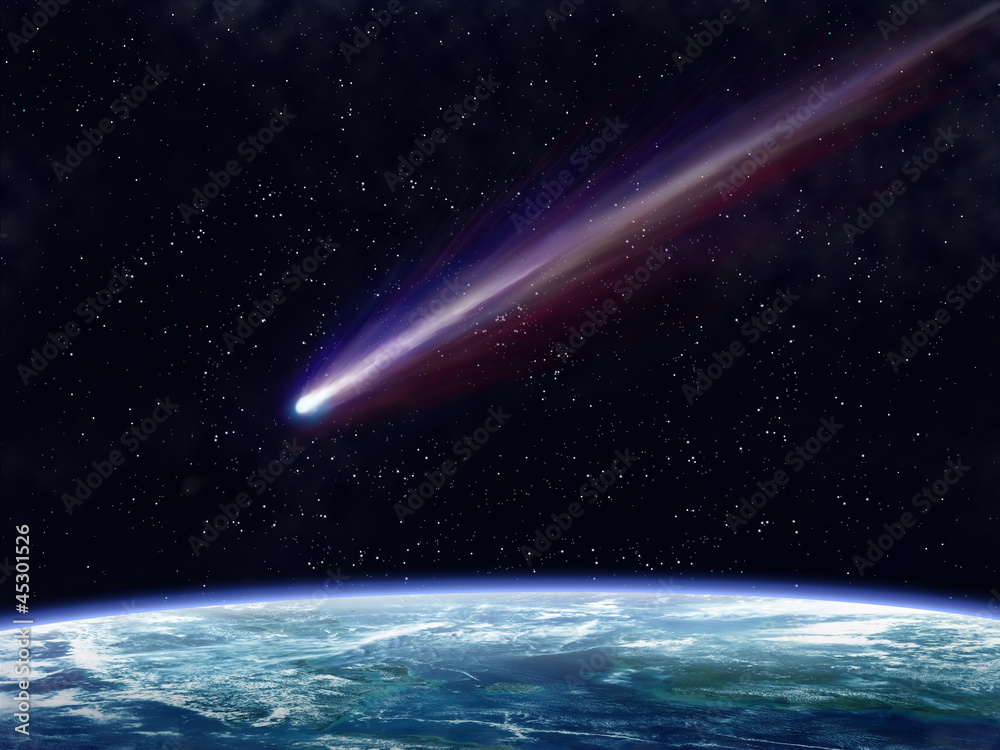
More from Casey Luskin on Our Intelligently Designed Planet—Plus Q&A
Today’s ID the Future continues geologist Casey Luskin’s presentation about how Earth is fine tuned in numerous ways for life, a talk he gave at the 2022 Dallas Conference on Science and Faith. Here in the second half, he highlights the many ways Earth’s precise mix of atmospheric gases is strikingly fit for life. On top of that (or rather, beneath that), Earth’s active geology and water-rich surface—unique in our solar system—are masterful at helping maintain our life-friendly atmosphere over long ages. Luskin argues that these and other finely tuned characteristics of planet Earth strongly suggest intelligent design. He then offers an additional design argument, this one aesthetic in nature, and then takes questions from the audience. Part 1 of his talk is here.
